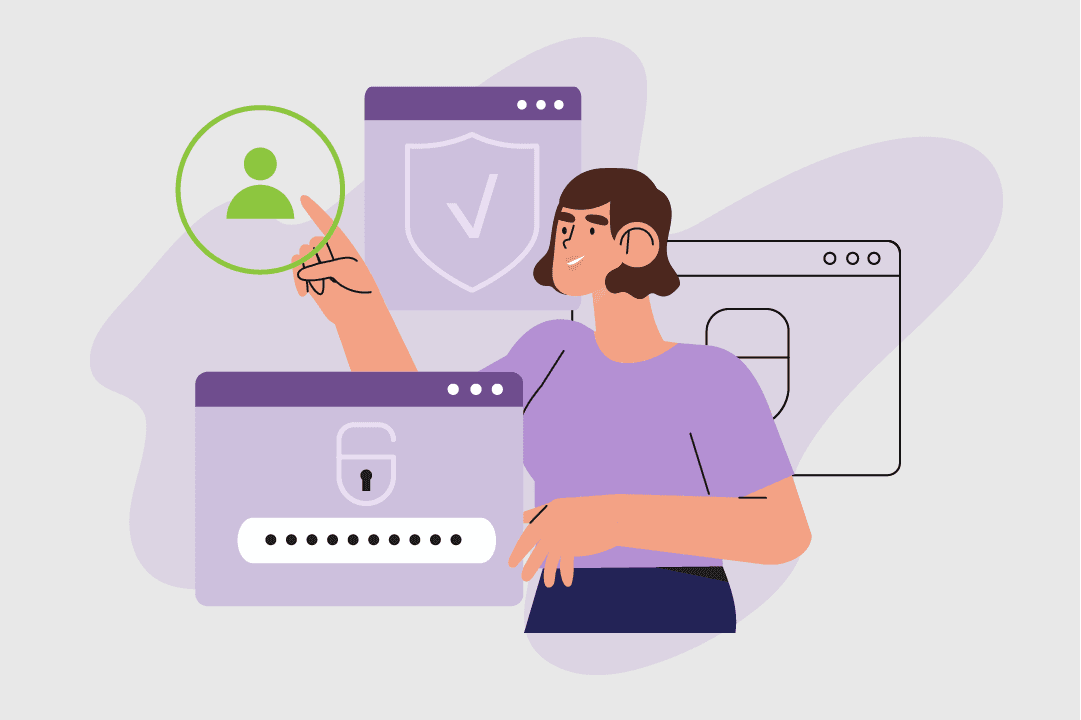Cyber security engineer job description
Let’s get real. Job information online can often be overly optimistic — conveniently glossing over the raw bits. But when you’re making decisions about your future, you need all the facts.
That’s why we anonymously surveyed cyber security engineers about their job, with hopes of getting an honest insight into what it’s really like.
While we did our best to ensure respondents were Australians and verified their job titles with proof of employment, we can’t guarantee complete accuracy — or that your experiences in the field will reflect theirs. So, we suggest that you take these insights as a guide only and try to talk to people in the field before making an important decision.
How to become a cyber security engineer
-
Earn a Bachelor's Degree
Start by completing a bachelor’s degree in a relevant field such as Cyber Security, Computer Science, Information Technology, or a related discipline. This degree will provide you with a comprehensive understanding of computer systems, networks, and cyber security principles.
-
Obtain cyber security certifications
Enhance your knowledge and demonstrate your expertise by earning industry-recognised certifications. Some popular certifications for cyber security engineers include Certified Information Systems Security Professional (CISSP), Certified Ethical Hacker (CEH), and Certified Information Systems Auditor (CISA).
-
Gain practical experience
Gain hands-on experience through internships, entry-level positions, or volunteer work in the field of cyber security. This practical experience will not only strengthen your technical skills but also provide you with valuable insights into real-world cyber security challenges.
-
Continuously learn and stay updated
Cyber security is a rapidly evolving field, so it’s crucial to stay updated on the latest trends, technologies, and best practices. Engage in ongoing professional development, attend industry conferences, and participate in relevant training programs
Pathway options
Aspiring cyber security engineers can pursue various educational pathways and qualifications to build the necessary skills and knowledge for the role. Here are some common pathway options:
Junior
-
Cyber security technician
Most common qualification: Certificate IV in Cyber Security or Certificate IV in Information Technology
Mid
-
Cyber security analyst
Most common qualification: Diploma of Information Technology
Senior
-
Cyber security engineer
Most common qualifications: Bachelor of Computer Science or Bachelor of Information Technology
-
Cyber security architect
Most common qualifications: Bachelor of Computer Science or Bachelor of Information Technology
-
Chief information security officer
Most common qualification: Bachelor of Computer Science, Bachelor of Information Technology, Bachelor of Information Systems, OR Master of Business Administration (MBA)
Explore related qualifications
Certificate in Cyber Security
The Certificate IV in Cyber Security provides a solid foundation in key cyber security concepts and skills. It covers topics such as network security, ethical hacking, incident response, and risk management. This qualification is suited to you if you want to enter the field of cyber security or enhance their existing skills.
3 providers offer this course



Diploma of Information Technology
The Diploma of Information Technology provides essential knowledge and skills needed to thrive in the dynamic field of IT. This diploma covers a wide range of subjects, including computer networking, programming, web development, database management, and cybersecurity. Through a combination of theoretical learning and practical hands-on experience, you’ll gain proficiency in industry-standard tools and technologies. This qualification prepares you for mid to senior-level roles in cyber security.
6 providers offer this course



































